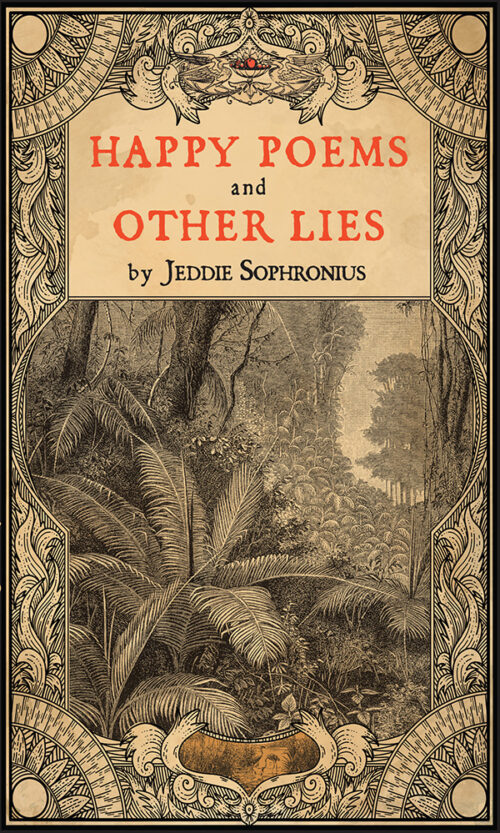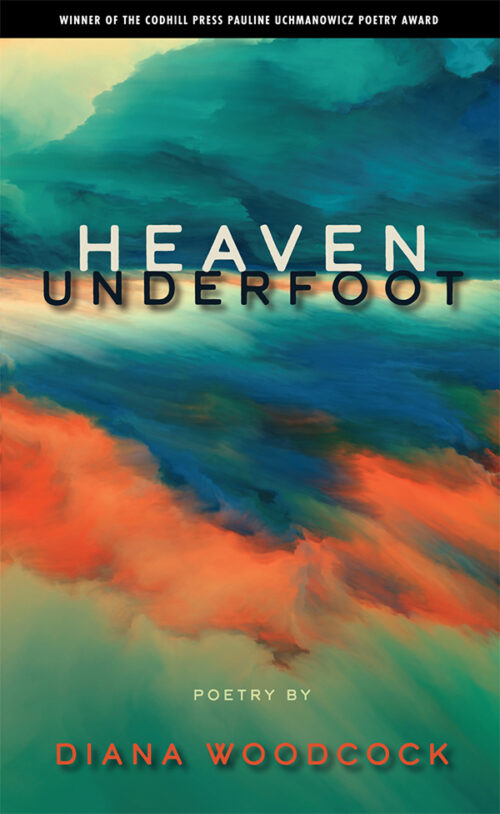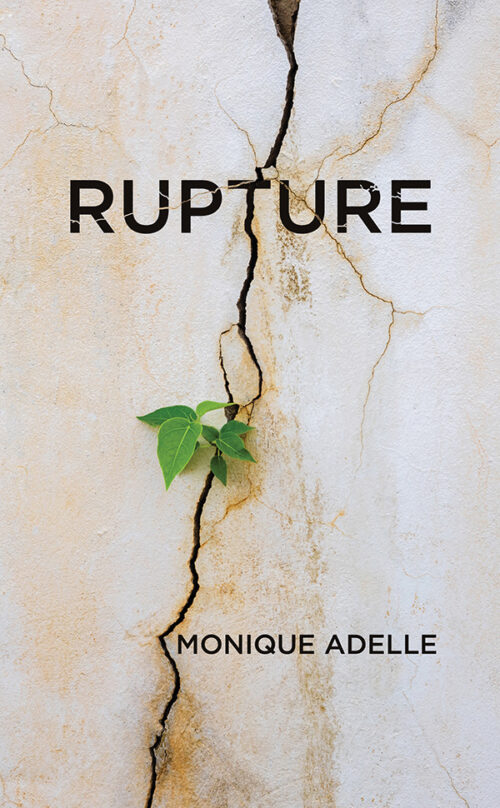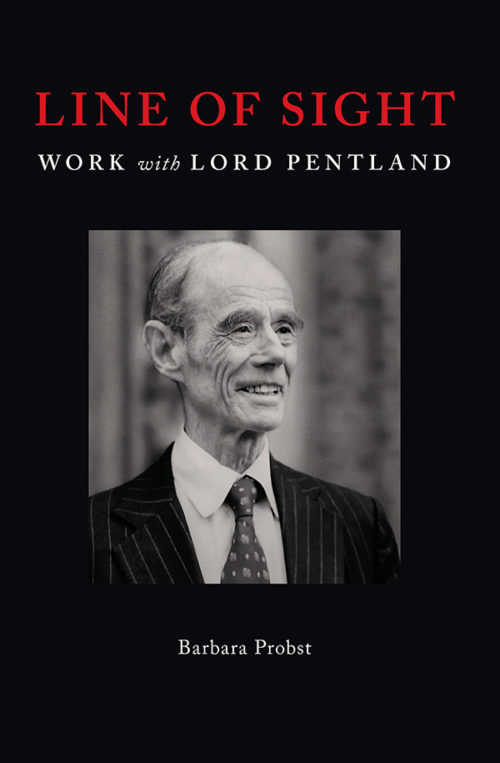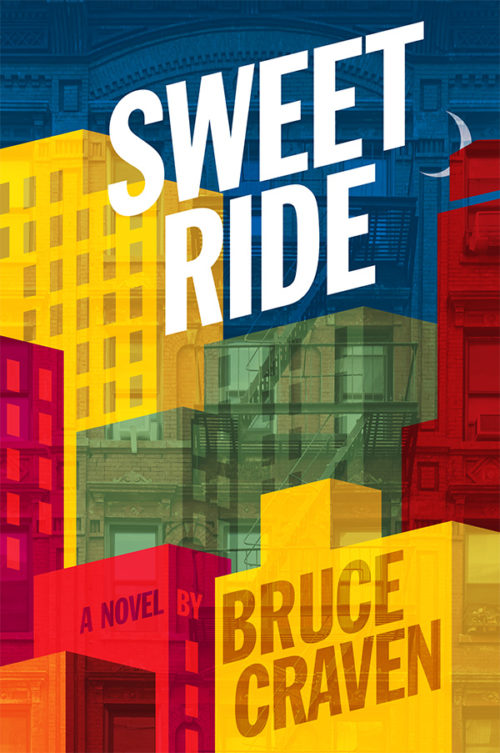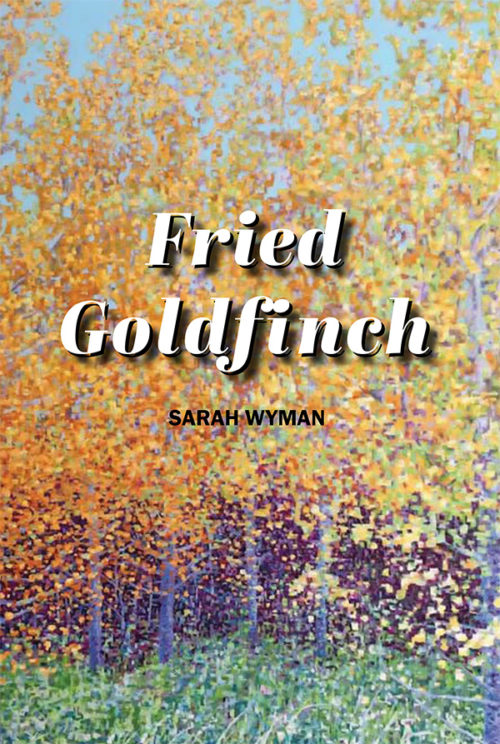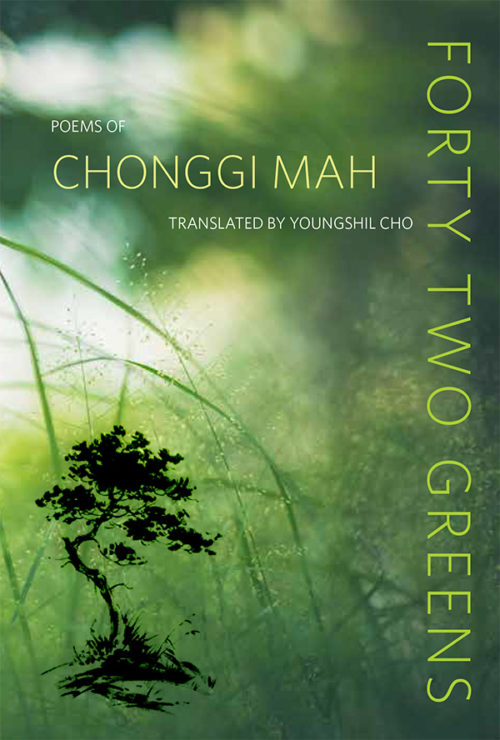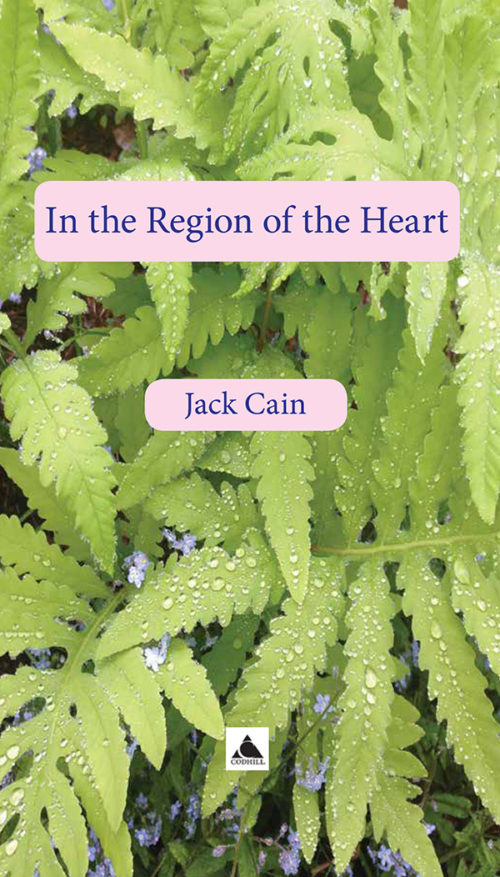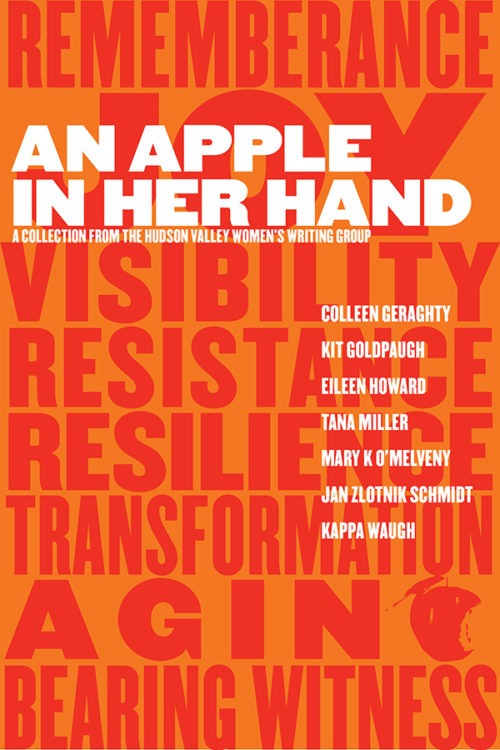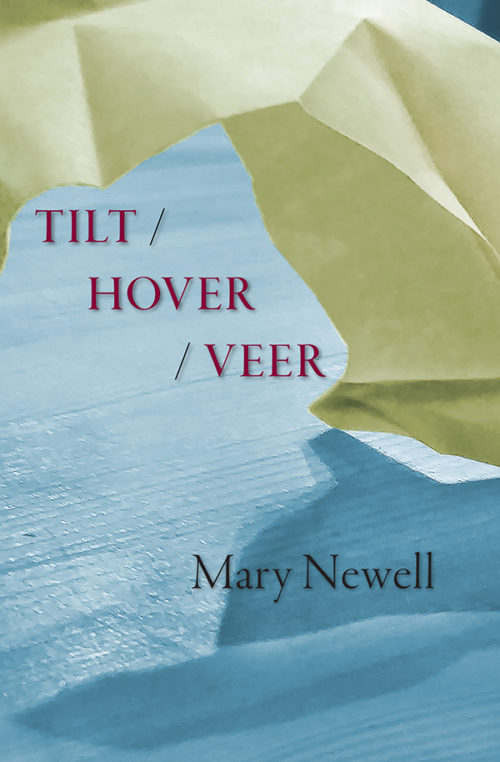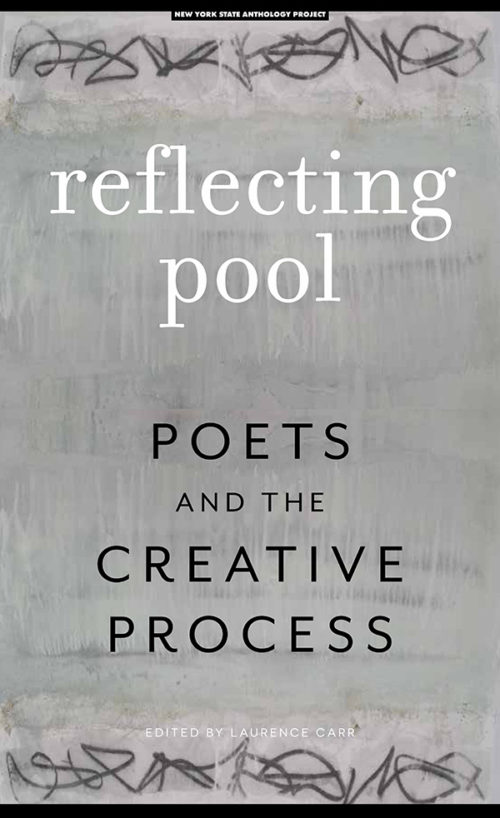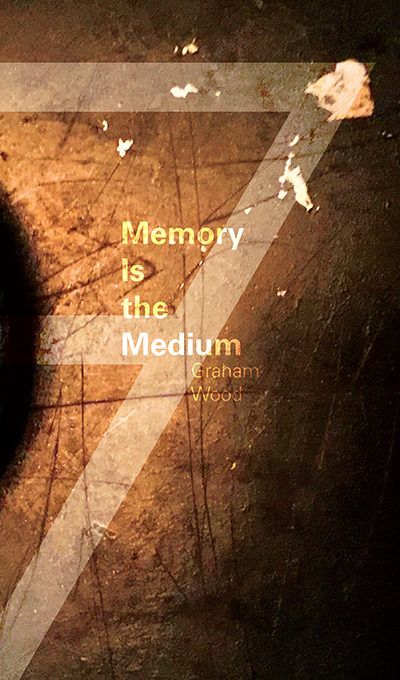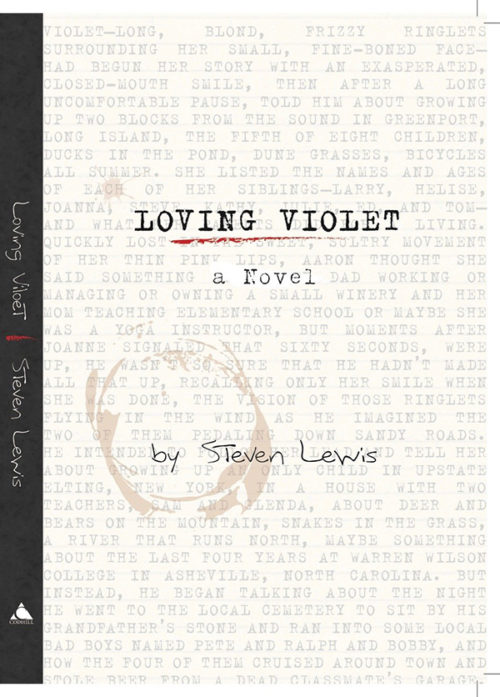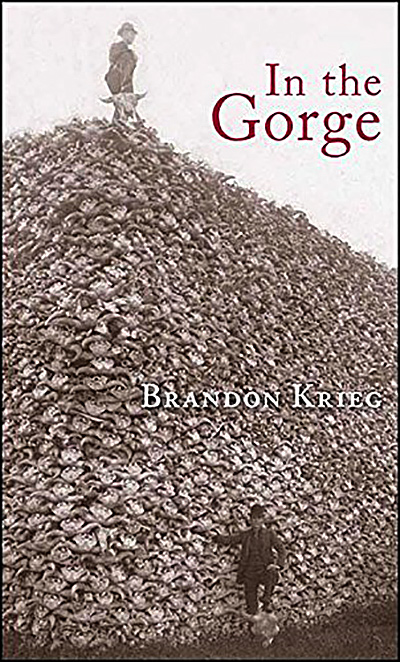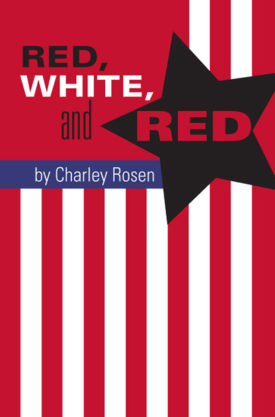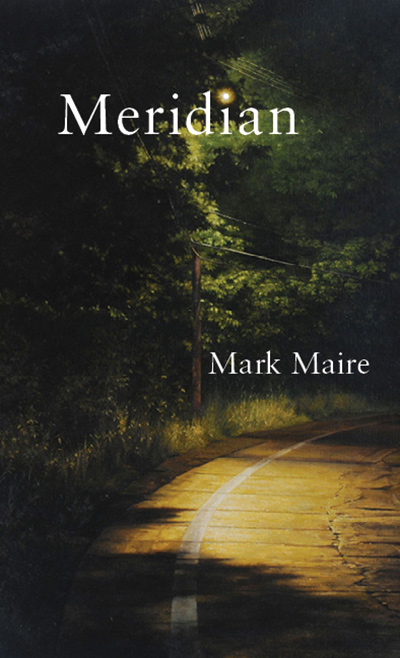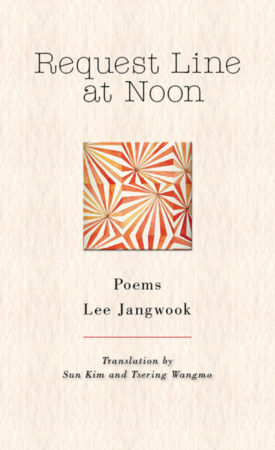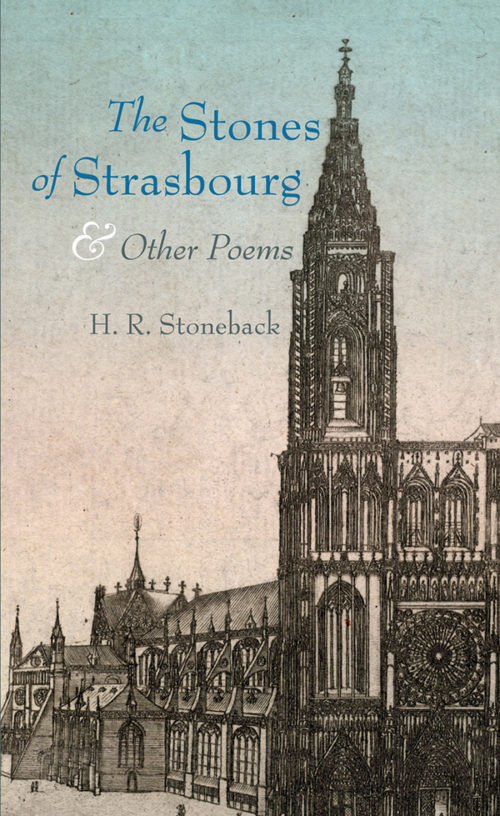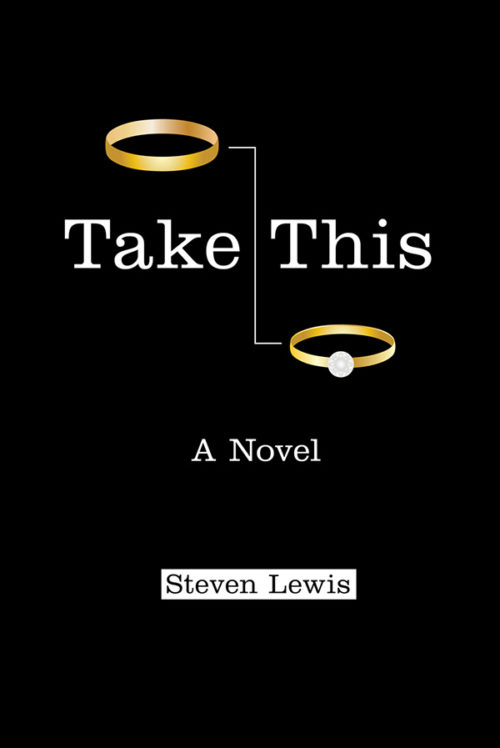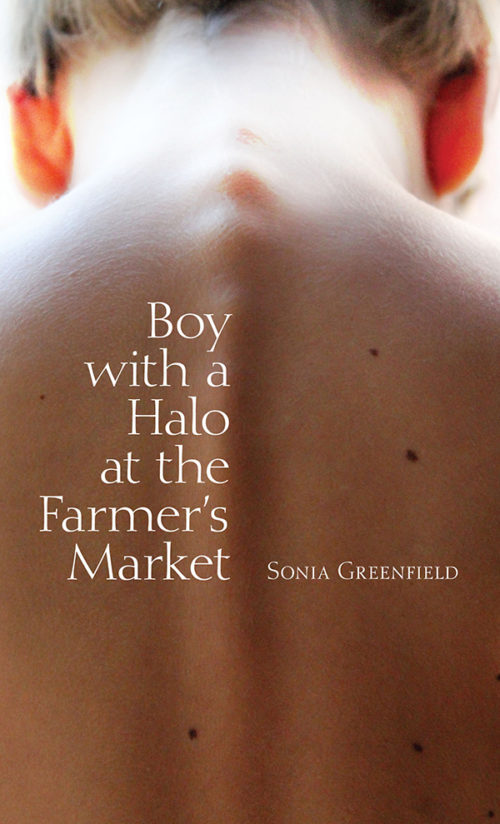for on sale books
-
Sale!Happy Poems & Other Lies is a poetry collection that details the experience of an exiled speaker who struggles to conform to the rigid religious beliefs imposed by their family. The speaker's various identities revolve around being a son, a wanderer, and a self-proclaimed prophet. The manuscript combines elements of biblical language, surrealism, and absurdism to explore the speaker’s longing for acceptance and their internal conflicts as they navigate their own spirituality. The manuscript is divided into three sections, each portraying the evolution of the speaker’s identity. The initial section delves into the speaker’s origins, highlighting their struggle to reconcile personal beliefs with familial expectations and traditions. The second section captures the speaker’s return home after an extended absence, where they confront their past and navigate complex family dynamics. In the final section, the speaker embarks on a transformative journey away from home, distancing themselves from their past and religious constraints. This separation leads to a profound revelation as they embrace their true self, finding solace in their own spirituality, embracing a liberating transformation. Jeddie Sophronius is a Chinese-Indonesian writer born in Jakarta, Indonesia. He is the author of Interrogation Records (Gaudy Boy, 2024), Love & Sambal (The Word Works, 2024), and the chapbook Blood·Letting (Quarterly West, 2023). He holds a BA from Western Michigan University and an MFA from the University of Virginia. The recipient of the 2022 Gaudy Boy Poetry Book Prize, their poetry has appeared in The Cincinnati Review, The Iowa Review, Prairie Schooner, and elsewhere. They divide their time between the United States and Indonesia. Read more of their work at nakedcentaur.com Paperback Page count: 72 Trim size: 4.5 x 7.5 in. ISBN: 978-1-949933-26-0
-
Sale!
The poems in Heaven Underfoot qualify as ecopoetry as they exemplify the four features of environmentally conscious texts, which set them apart from nature writing (as outlined by American scholar Lawrence Buell in The Environmental Imagination): they make the non-human environment central rather than marginal; they feature human interest as only one valid focus; they hold humans accountable to the environment; and they portray nature as a process rather than a fixed framework.
Diana Woodcock holds a Ph.D in Creative Writing from Lancaster University, where she researched poetry’s role in the search for an environmental ethic. In 1974, she earned a B.S. degree in Psychology, and in 2004 an M.F.A. degree in Creative Writing. She has worked as a counselor with delinquent youth, an editor of a young women’s magazine, and a teacher of English as a second language. For nearly eight years, she lived in Tibet, Macau, and on the Thai-Cambodian border teaching and working with refugees. Since 2004, she has been teaching creative writing, environmental literature, and composition at VCUarts Qatar. She is the author of seven chapbooks and five poetry collections, most recently Holy Sparks (a finalist for the 2020 Paraclete Press Poetry Award) and Facing Aridity (a finalist for the 2020 Prism Prize for Climate Literature). She is the recipient of the 2022 Codhill Press Pauline Uchmanowicz Poetry Award, the 2011 Vernice Quebodeaux Pathways Poetry Prize for Women (for her debut collection, Swaying on the Elephant’s Shoulders), a three-time Pushcart Prize nominee, and a Best of the Net nominee. Her poems have appeared in Best New Poets 2008, Women’s Review of Books, Nimrod, Crab Orchard Review, Southern Humanities Review, Spiritus, Comstock Review, and other journals and anthologies. Her grand prize-winning poem, “Music as Scripture,” was performed onstage in Lincoln Park, San Francisco by Natica Angilly’s Poetic Dance Theater Company at Artists Embassy International’s 21st Dancing Poetry Festival. Paperback Page count: 86 Trim size: 5.5 x 9 in. ISBN: 978-1-949933-25-3 -
Sale!Through a combination of personal narrative and historical research, Rupture weaves together the history of enslaved women in the Americas and themes of life, love, and loss. A nursery rhyme motif in the book juxtaposes the innocence of childhood and the insidious transgenerational trauma of slavery. The poems trace the author’s own journey through pregnancy and into motherhood as it poses its own questions to the history of African-American motherhood, inevitably imprinted by the legacy of slavery in the Americas. Ultimately, the book heralds the creativity and resilience that characterizes black life. Monique is an associate professor and chair of the English, Writing, and Communication department at Emmanuel College where she teaches courses in literature and poetry writing. Her first collection—Anonymous (Jacar Press, 2018)--won the New Voices Award and her second collection, Rupture, was a finalist the Perugia Press Prize and Four Way Books Levis Prize in Poetry. Her book Between the Lines: Literary Transnationalism and African American Poetics (Oxford UP, 2011) is the first to juxtapose Cuba, Brazil and the United States in a study of nineteenth-century women’s poetry, and the first to include the Lusophone literary tradition in a comparative study of African descendants in Latin America, the U.S., and the Caribbean. Paperback Page count: 64 Trim size: 5.5 x 9 in. ISBN: 978-1-949933-18-5
-
Sale!For the last five years of his life, Barbara Probst served as the personal secretary to Lord John Pentland, the man designated by G.I. Gurdjieff to lead his teaching in America. In this unique collection of anecdotes and vignettes, Barbara offers a vivid portrait of a man who embodied Gurdjieff’s call to awaken to oneself, “always and everywhere,” and sought to awaken that call—in deft, subtle, and unexpected ways—in those who were near him. As noted in the Introduction, not only was Lord Pentland head of the Gurdjieff Foundation and instrumental in spreading Gurdjieff’s ideas throughout North America, he was also a businessman, keenly involved in a range of endeavors. With a penetrating vision that could encompass ideas on a vast scale along with the smallest details of the individual in front of him, he left indelible impressions on those who knew him. Thanks to this memoir, those who did not know him are offered a glimpse of a truly remarkable teacher for whom the inner and outer worlds were always related. Paperback ISBN: 978-1-949933-14-7
-
Sale!Enter the fairy-tale of pre-dawn Fifth Avenue, as ‘90s nightlife ingenue, Lilly Lejeune, strolls past Tiffany’s. Her plan is to live her own best version of the iconic Manhattan film Breakfast at Tiffany’s. The actress Audrey Hepburn is Lilly’s north-star. Up to the packed bar to order a shot of tequila in the smoke-laced neon shadows. Lilly glides from velvet-roped clubs to packed, sweaty dives, comforted by her fashion choices, her dirty martinis, the story of her glamorous rebellion and the arrangements she has with men to support her independence. But despite Lilly’s nostalgia, this is the ‘90s and the grungy, heroin-chic, pre-gentrified NYC isn’t filmed in 1961’s Eastman color film stock. In this world, the extras are cloaked in hoodies as pagers beep and votive candles flicker. This is a decade when famous models search out private spots to shoot pool, cigarettes clenched in their teeth as the jukebox clicks to Alice in Chains’ Man in the Box. Time for one more round? Hell, yeah! Because no one leaves the East Village until night fades into the searing flames of day. Much like Holly Golightly in Breakfast at Tiffany’s, Lilly, her new writer friend upstairs, George Nichols, and her dive-bar locals have a choice: hide in the neon or wake up and face the day. Join them on the streets of Manhattan and see how they face the journey of this Sweet Ride. Paperback Page count: 196 Trim size: 6 x 9 in. ISBN: 978-1-949933-07-9
-
Sale!A volume of lyric poetry including ekphrastic works, animal poems, life studies, and found objects. Excerpt from “Sardine:” A rough-sketched line, a tin’s sharp edge delineates the domain of a lonely sardine who misses her erstwhile mates. As oil soothes the rounded corners, she awaits the cracker or cat’s crunch. Sarah Wyman teaches comparative literature at SUNY New Paltz. Her poems have appeared in many publications including A Slant of Light: Contemporary Women Writers of the Hudson Valley, Eds. Laurence Carr and Jan Zlotnik Schmidt (Codhill, 2013). Finishing Line Press published her book Sighted Stones in 2018. Paperback Page count: 94 Trim size: 6.25 x 9.25 in.
-
Sale!Translated by Younshil Cho The poems in this book, by the way they speak to all parts of our minds, invite us to come alive and experience each movement, each emotion and action, and some statements therein, intuitively and aesthetically. This is about a Korean man’s everyday life in the milieu of contemporary America; his struggle to find meaning in his immigrant life, in his vocation as a medical doctor, and to grow as a poet, a high calling for him. Weaving through personal narratives with the backdrop of historic events both domestic and foreign, he reaches a moralist’s viewpoint, as he searches for a right way to live. Equally excellent in lyric and narrative form, these poems give an indication he has found what he’s been after—good human relationships and artistic achievements, two founts giving ample significance to life. Chonggi Mah, a beloved poet of Korea and a retired medical doctor, has written over ten collections of poems and prose. Eyes of Dew was translated into English and published by White Pine Press in 2006. He has garnered numerous literary awards, and is acknowledged as one of major modern Korean poets. Youngshil Cho has won several grants for her translation of modern Korean poetry books and children’s books. Her publications include One Day, Then Another by Kim Kwang-Kyu (White Pine Press, 2013), A Warm Family by Codhill Press (2014), A Lion at Three in the Morning by Nam Jin-Woo (Homa & Sekey Books, 2017), Whisper of Splendor by Chong Hoyn-Jong (Homa & Sekey Books, 2018), Paper by Shin Dal-Ja (Codhill Press, 2018). Paperback Page count: 106 Trim size: 4.75 x 7 in.
-
Sale!Most of these “fragments” were written by Jack Cain in group poetry sessions he was facilitating. The sessions were designed to be an exploration of the distinction between material arising from the subconscious mind as opposed to material arising from our ordinary consciousness. This direction came from G.I. Gurdjieff’s startling and impertinent statement that our subconscious is our “real” consciousness and our ordinary waking state of consciousness is “fictitious.” The group writing session would begin in quiet, participants would watch what arose and then write from that. Once everyone was done, the results would be read and there would be an exchange on what had been observed. These exchanges helped those present understand that we are all much more deeply connected than we realize.
2019 | 96 pages
-
Sale!The authors of this collection are seven older women from diverse backgrounds who are members of a longstanding Hudson Valley writing group composed of academics, a social worker, a psychiatric nurse, a teacher and a lawyer. Some are retired, some are still working, some are musicians. All are volunteers, activists and artists. The sections of the book— Remembrance, Joy, Visibility, Resistance, Resilience, Transformation, Aging, and Bearing Witness—grew from the authors’ individual passions and from their collective perspective of being women-of-a-certain-age in a culture that tends to render older women invisible, irrelevant. This collection is filled with honest, insistent poetry and prose that demands to be heard by readers of all ages, genders and perspectives.
-
Sale!
It is most apt that the poems in Tilt / Hover / Veer utilize the modular refrain of in the pith of, dovetailing nicely with pith’s dual meanings: spongy plant tissue and the crux of / essence. Newell’s pithy fragments capture the essence of fleeting moments in time, whole worlds of weather, and portals into the wider universe. With a calm convergence of science, nature, and delicate imagery, Mary Newell’s poems speak to us in a distilled yet expansive diction that pulses and chimes with empyrean elegance and a rhythmic beauty. This chapbook glows with fire and light.
—Cindy Hochman, editor-in-chief of First Literary Review-East
Breathe in…tilt hover veer…breathe out…tilt hover veer. At any time in life, let alone these endangered times, tilt hover veer becomes a mantra, a pith, an essential part of our quiet. So “listen forward,” the poet encourages early in these pages, as the world’s great motor churns. For “We enter this world floundering”…
—Mike Jurkovic, poet, pundit, provocateur. President, Calling All Poets Series, New Paltz & Beacon, NY
Rich in surprising, often musical language Mary Newell’s poems bring us into the essence of experiences often overlooked. Tracing small details in the natural world Newell asks us, again and again, to pay attention to what matters.
—Ruth Danon, author most recently of Word has it
The Hinge poetry of Mary Newell arrests and lifts like the centrifugal surge to a sleeping volcano—with blasts of magmatic visage.
—Jonathan Mulcahy, poet
-
Sale!Reflecting Pool: Poets and the Creative Process is an innovative volume of poetry and essays by twenty-five New York State poets who teach the writing of poetry, run poetry workshops and publish the poetry of others. The book is both a poetry anthology and an informal textbook with contributing essays by each poet that offers the reader personal insights and opinions about how poetry is created, crafted, and presented. Included are a wide array of prompts and exercises that these mentors use in their classes and workshops to stimulate the creative process in poets of all ages. Also added are basic ideas about how poets can best present their work in public readings. The book can be used as the focus for symposiums on teaching the writing of poetry as well as a textbook for high school and college students, adult and senior writers, and for those who run poetry workshops or reading series. 2018 | 172 pages
-
Sale!Memory Is the Medium is a meditation on memory and creativity through a poetic vision of design-thinking, from one of the world’s most respected creative minds. With photography, graphics and text, Graham Wood’s newest work is an alternative perspective on the possibilities conjured by the magical, the dreamlike, the emotional qualities of design; a wide ranging manifesto for a diverse and open future. Memory Is the Medium breaks from all conventions of formatting and structure. Layered with photographic and typographic adjacencies, nuances and revelations, every page a work of art reminiscent of the manifestos of Dada and Bauhaus.Graham Wood is a founding member of the creative collective, tomato. 2017 | 204 pages
-
Sale!Steve Lewis has written one of the most bewitching characters to come along in contemporary literature. Not since Scarlett O’Hara has there been such a lovable vixen. He writes such pleasurable prose, it may take some reflection to realize how much wit and wisdom he shares with his readers. In the end, I was as smitten as his hapless grad student hero. Seasoned with insider’s spice on the book business.”
—Laura Shaine Cunningham, Sleeping Arrangements, A Place in the Country
“In Loving Violet, Steve Lewis takes us to a prestigious liberal arts college, New York City, the beaches of Long Island, and Costa Rica with young writers pushed and pulled by extraordinary passion and abiding love. How do we choose—can we really choose—who we love and what we make of this life? Questions of the price of that love and what we invest in the art we make along with that love—heart-wrenching and deeply thought-provoking in this extraordinary novel.”—Jimin Han, A Small Revolution
“Loving Violet is an irresistible novel about the powers of love and art. Steve Lewis limns the inevitable progression from the heady infatuation of youth to a more settled love in later years. All the characters are vividly drawn and the writing has the clarity and grace that is characteristic of Lewis’ work.”—Angela Davis-Gardner, Butterfly’s Child: A Novel
2017 | 192 pages
-
Sale!
Codhill Poetry Award Winner 2016
In Brandon Krieg’s stunning collection In the Gorge, we are placed on a tightrope, balancing the leisure of Western society against the survival of the natural world. Here, nature and human lunge and parry, conjoined twins in a struggle to the death. Krieg reminds us that our manufactured beauty is part of the planet-wide tableau—“looking down from an overpass / looking up through the canopy / the contrails the sunset / are not different things.” Part pastoral, part elegy for our future on Earth, In the Gorge urges us to believe in mercy, in redemption, and the dire need for entwining ourselves with the natural world. This is a phenomenal work.—Glenn Shaheen, author of Energy Corridor
Cornfields, jet trails and power lines, fences, abandoned mines and greenhouses—human delineations mar but do not yet overpower the nonhuman landscapes in Brandon Krieg’s stark, unerring and beautiful poems that, over and over, seek “to find the way back // to this day among days.” Krieg’s voice is watchfully tender, attentive to nature and to our moment in it, ever aware that even as we leave our signatures after us, so does fireweed. In this lovely ecopoetry, Krieg achieves a “good fearfulness” and even a joy that is no more or less elemental than rain.—Nancy Eimers, author of Oz
Intelligence at its vastest stretches to a scarcest cry, and is ours, and not: you’ll hear it amply in the haunted, restless, dead-on lively poetry to be found in Brandon Krieg’s In the Gorge, a collection that finds its author deep in it, the sorrow and the joy, and the clarities that in this poetry have a luminosity all their own, because they have been seen, because they have themselves seen through us. I marvel at the heights of technique: free verse rising out of necessity to new necessities, new flashes and new spells. Even more considerable here is the marvel of the voice as it propounds resilient—tested, lived—ways into lyric sympathies and a compassion free of attachment, taking up dwelling there, gazing across.—William Olsen, author of TechnoRage
Brandon Krieg is the author of Invasives, a finalist for the 2015 ASLE Book Award in Environmental Creative Writing, and a chapbook, Source to Mouth. His poems have appeared in The Antioch Review, Crazyhorse, FIELD, The Iowa Review, and West Branch. He is an assistant professor of English at Westminster College in Fulton, Missouri.2017 | 74 pages
-
Sale!Charley Rosen is the co-author with Phil Jackson of Maverick (1975) and the New York Times bestseller More Than a Game (2001). As a player at Hunter College, Rosen set numerous scoring and rebounding records, and has subsequently coached several teams in the Continental Basketball League. He has a Master’s degree in Medieval Literature and has written more than a hundred articles for publications ranging from the New York Time Book Review to Men’s Journal, plus thousands of pieces for sports websites. His previously published books include six novels and twelve works of non-fiction. He lives with his wife Daia in upstate New York.
2016 | 280 pages
-
Sale!
Codhill Poetry Award Winner 2015
Mark Maire rolls down the window for the reader as he drives through physical and emotional landscapes, pointing out the rock walls lining our lives, the abyss of longing beneath a lake’s surface, and the conundrums obscured by the dark forests of human consciousness.—Rebecca Schumejda, author of Waiting at the Dead End Diner
Maire’s quietly visionary poems speak persistently and persuasively to the locations of dislocation. They come at the reader from consistently oblique angles as they record discrepancy after discrepancy, yet they are rooted in a northern world rich in stark distinction. His are truly haunting poems, attuned to how spirit hovers at the corners, the margins, the horizons, but also within us as we grope toward what can never be encompassed but is surely felt. Meridian is a signal achievement.—Baron Wormser, author of Scattered Chapters
2016 | 76 pages
-
Sale!From Request Line at Noon… “We were friendly, Inconsiderate. Everyone moved forward to an end. You lost your love And I skipped rope. The surging music At the minimum altitude of my soul; The music from the “Request Line At Noon” We were always Flowing away regularly.…” —Lee Jangwook Translation by Sun Kim and Tsering Wangmo
2016 | 68 pages
-
Sale!For Maître d’oeuvre Erwin von Steinbach & Sabina von Steinbach—architects, builders, sculptors: The Strasbourg Cathedral
2015 | 76 pages
-
Sale!Oh, the complications of love, marriage, family! They’re all here in Take This. Steven Lewis handles his characters with gentleness and insight. If only all our faults could be judged by someone as compassionate as Steven Lewis.
—Ellen Bass, Like a Beggar
Steve Lewis knows that for many in the boomer generation, the Merry Pranksters’ bus is now a Winnebago. But he also knows that the thrill of the trip is undiminished, the route, quite possibly, just as insane, the destination equally unknown. Along the way, Lewis documents—with tenderness, insight, and outright hilarity—all those ways in which the volatile forces and unpredictable circumstances that forge family bonds may be stronger than the errant behaviors that sometimes fray them.—Akiko Busch, The Incidental Steward: Reflections on Citizen Science
Take This is a soulful gem of a novel, chronicling the last days of Robert Tevis, a psychotherapist with a big heart and no regrets. At turns funny and tender, author Steven Lewis takes readers on end-of-life road trip that leads them into territory that redefines love.”—Sally Koslow, The Widow Waltz
2015 | 234 pages
-
Sale!
Codhill Poetry Award Winner 2014
Sonia Greenfield explores menace and loss so often, it’s as if her poems are scarecrows to hold against the night. She likes the lyric and persona, likes telling us over and over again, we survive. A master of the unsettling image and moment, she’s got a big imagination and an appetite for the complexity of our lives. “We always bend / our fear into something more useful.” I don’t know if we do, but Greenfield does. The poems in Boy with a Halo at the Farmer’s Market are more than useful—they are beautiful, and demonstrate once more that art is our deepest response to the fragility of life.—Bob Hicok
Sonia Greenfield’s vision is x-ray and technicolor at once. These are poems of tragedy and ecstasy, rendered in high music and beautiful and shocking imagery. It’s rare to find a poem “riveting,” but hers are poems that, once started, refuse to be left unread.—Laura Kasischke
In Sonia Greenfield’s poems, we experience a mind busy with the work of description, and it is through that description—of people known and unknown, of lives on the edge of being unmade, or being sewn back up again—that Greenfield brings us to revelation. By looking at the surface of existence, and by narrating circumstances of particular people in particular places, Greenfield shows us how noticing matters, and how looking at the surface can illuminate the depths.—Mark Wunderlich
2015 | 76 pages


